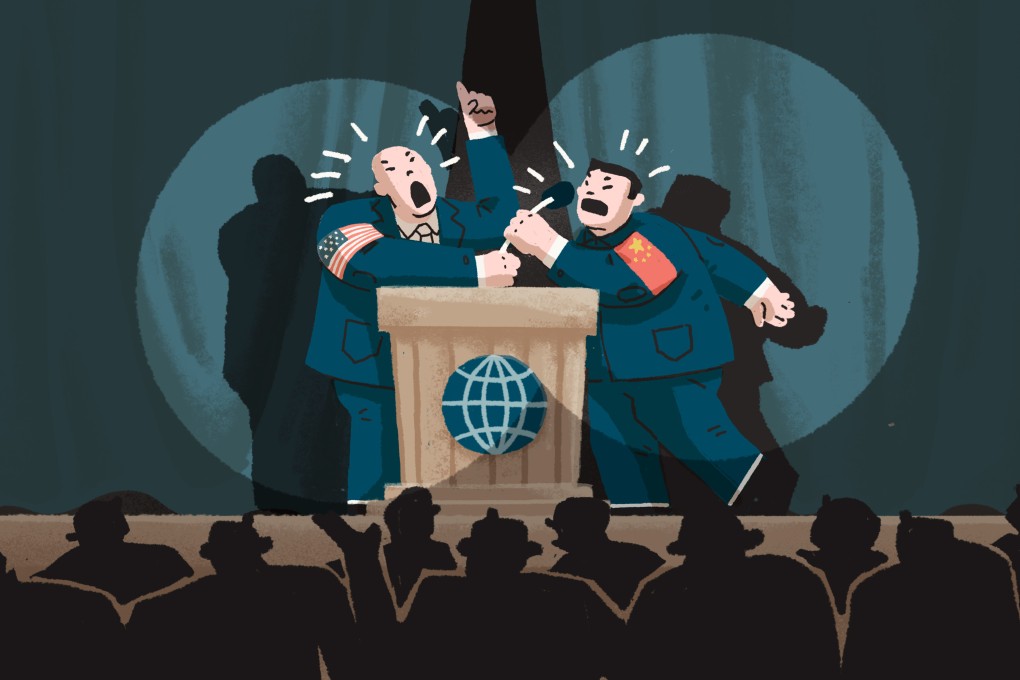China’s investment in diplomacy falls, as its global ambitions rise
- Belt-tightening and drop in foreign ministry recruitment a stark contrast to ramped up US spending to win world’s hearts and minds
- Chinese funding for its flagship belt and road overseas infrastructure programme is also down to its lowest level since 2013

Key to his vision is the belief that China will ultimately survive an unprecedented time of upheaval brought on by the widening ideological and geopolitical divide with Washington.
The message was reinforced by Foreign Minister Wang Yi in July. “As we stand today at a new point in history, we face more geopolitical complications, we have bigger responsibilities and harder missions,” he told cadres, according to official transcripts.
“We have to form an iron army of diplomats who have the invincible political will, unwavering determination, high ability, and tough spirit to turn new pages for diplomacy with Chinese characteristics in the new era.”
But in a reversal of its pre-2020 trajectory of rising spending on diplomacy, Beijing cut its actual outlay on foreign affairs last year by 16.47 per cent, to 51.41 billion yuan (US$8.07 billion).
In 2019, China’s funding for the Ministry of Foreign Affairs increased by 5.49 per cent. This compares with a 12.26 per cent boost to diplomacy spending – to 58.34 billion yuan – in 2018.